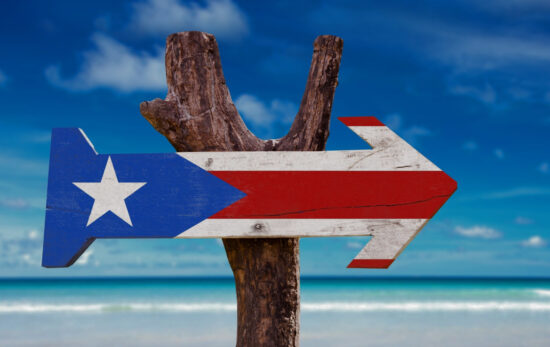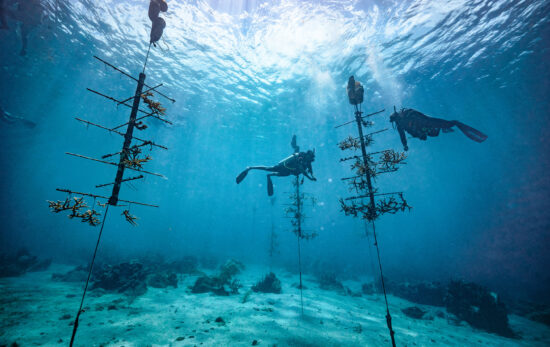Dive vacations should be all about fun, marine life, and new buddies! However, sometimes things can go awry. Maybe your non-diving significant other was bored out of their mind with no land-based activities. Or, you decided to only book accommodation and had trouble finding a good dive center on arrival. Sound familiar?
Below, we’ll cover 12 of the most common dive booking mistakes to avoid when booking a dive vacation so you don’t have to be in that position ever (or ever again!). Let’s get to it.
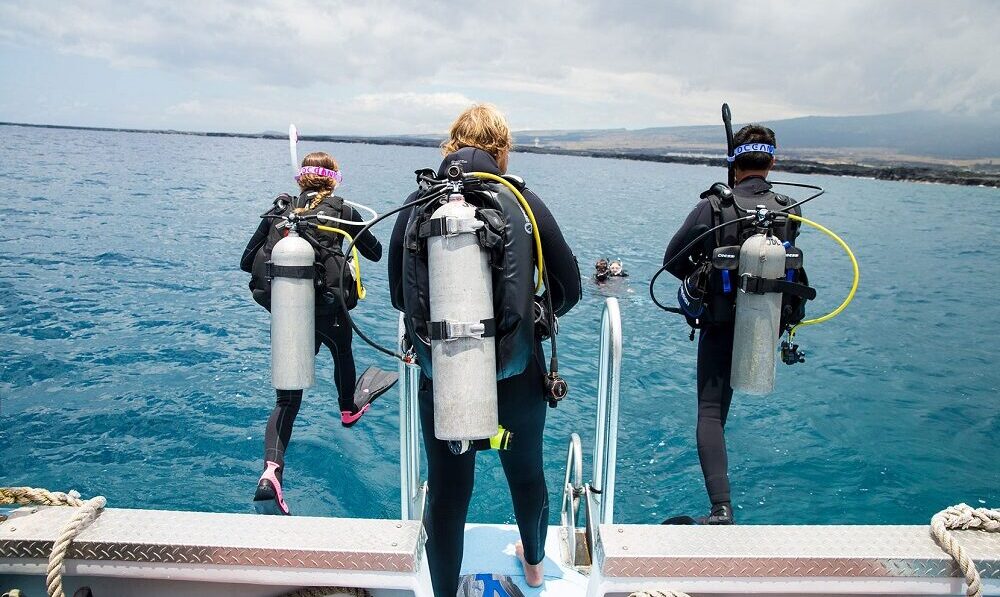
1. Not Having the Right Certification Level
Certain liveaboard itineraries can be more challenging than others, requiring minimum certification levels in order to board. Likewise, to experience the diving at a dive resort fully, you may need a certain scuba diving certification. Make sure to check with your scuba travel agent about what the minimum requirement is for your chosen itinerary. And, if you don’t quite meet it, you can work towards completing the certification before your trip!
Top Tip: Head to any “Itinerary” section of a PADI Travel liveaboard listing, and you’ll find the minimum certifications!

2. Forgetting Your Non-Diving Friends
As divers, the main focus of our diving holidays is, of course, scuba diving! However, unless you’re one of the lucky ones, your family or friends may not yet be divers (refer them to learn to dive with PADI and get a special gift from us here). Many liveaboards and dive resorts worldwide offer exciting topside adventures for those who aren’t quite ready to take the plunge. Think Thai cooking courses, waterfall excursions or onboard spas. Alternatively, book non-divers a Discover Scuba® Diving experience during your trip. Or, help them get started with eLearning in advance.
You might also like:
3. Being Inflexible With Travel Plans
It’s safe to say that the thrill of diving is no secret, and scuba diving trips book up particularly fast, especially in hot locations like the Galapagos, French Polynesia, and Socorro Island! Particularly if you’re looking for a liveaboard, you’ll want to keep your dates flexible. The best solution is to get in touch with a scuba travel agent before booking your flights to confirm your spot on the trip first. Flights are generally more readily available than liveaboard trips.
Top Tip: If you find a great airfare, book a flexible ticket. This means you can adjust your flight dates and times (provided the airline has availability) once your liveaboard spaces have been confirmed!
4. Waiting Until the Last-Minute
As mentioned above, dive resorts and liveaboards book up pretty fast (especially during their high seasons). Therefore, a space on a trip might be available one day and booked up the next. Once you’ve found where you want to go, try to have your friends or family agree as soon as possible to guarantee spaces.
However, if you’ve already left it a little late and are in search of an exciting deal, we have the solution! Explore PADI Travel’s extensive range of last-minute deals on dive resorts and liveaboards below.
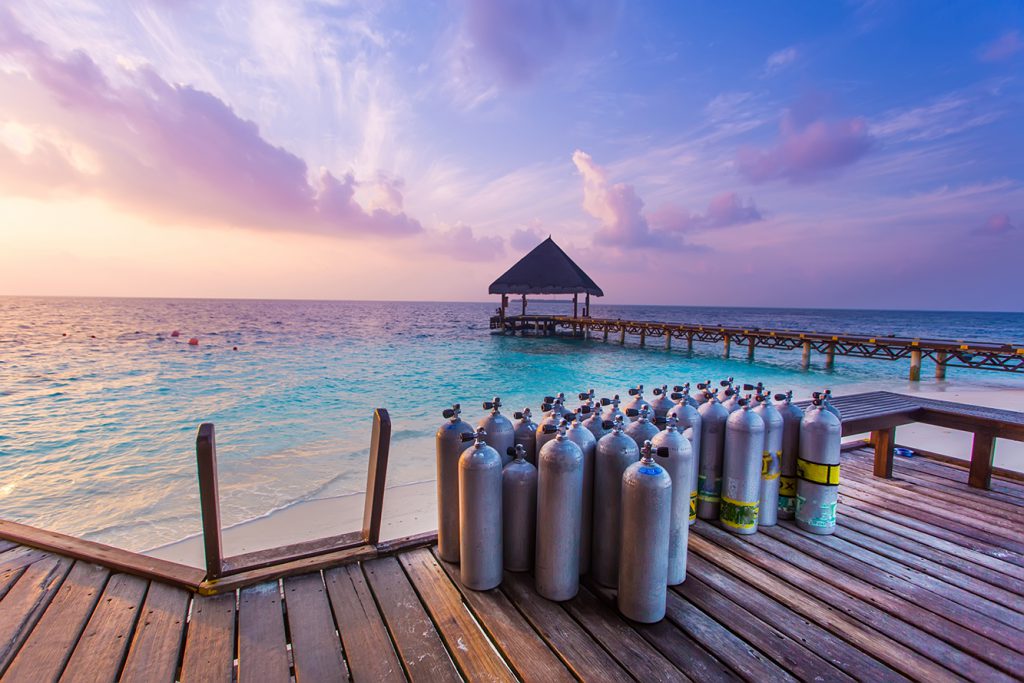
5. Not Booking a Diving Package
A dive package, particularly one that’s customized to your requirements, is probably one of the most convenient ways to book a dive vacation. All you have to do is turn up, and your accommodation, your diving, and even your equipment has already been pre-arranged in the booking process. The alternative is finding a local dive center on arrival and arranging gear rental during your trip. Save yourself the hassle and book your accommodation and diving all in one go beforehand. Plus – this option often works out cheaper than booking onsite!
Top Tip: Dive resorts on PADI Travel allow you to customize the number of dives you’d like to do, add your equipment sizes in advance, and pre-arrange dive courses and schedules!
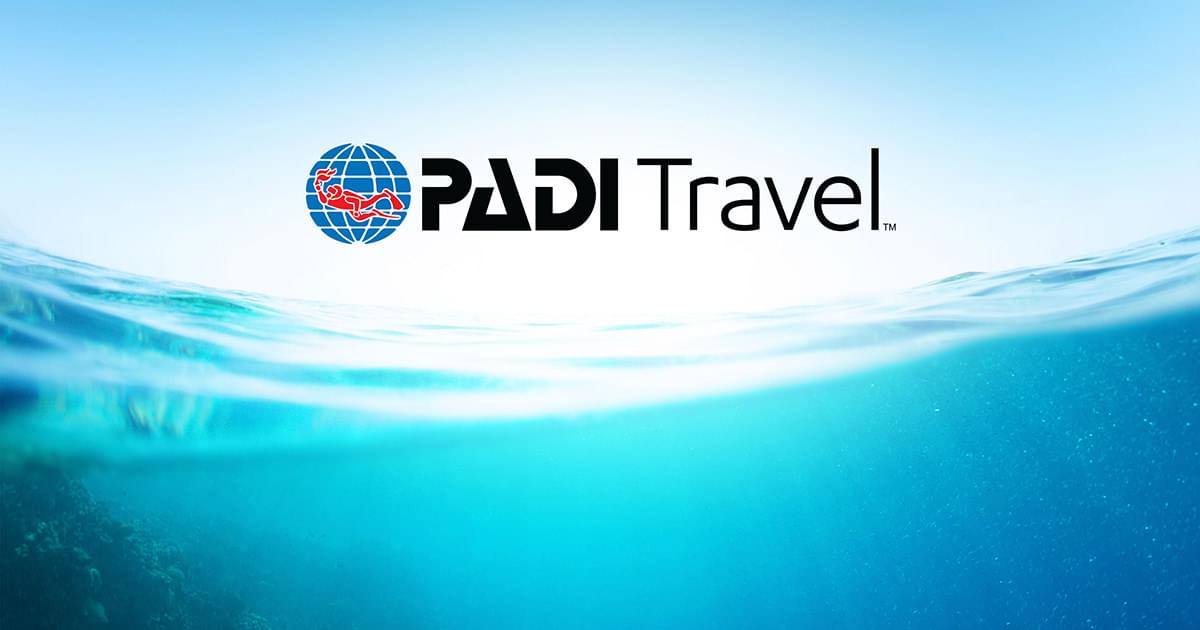
6. Booking With a Travel Agent Who Doesn’t Specialize in Diving
While most travel agents have a wealth of knowledge on destinations, flights, travel routes, and accommodation styles, not all are scuba divers themselves and can advise you on the best locations for scuba diving first hand. PADI Travel Scuba Travel Experts are just that, experts in scuba diving. Many of them have worked at dive centers across the globe, so they’re the ideal partners to help you book a dive vacation. Likewise, many of PADI Travel’s agents live around the world, and therefore, they can advise you of where to get your local sim card on arrival or at which dive sites you’ll most likely find your favorite species with ease!
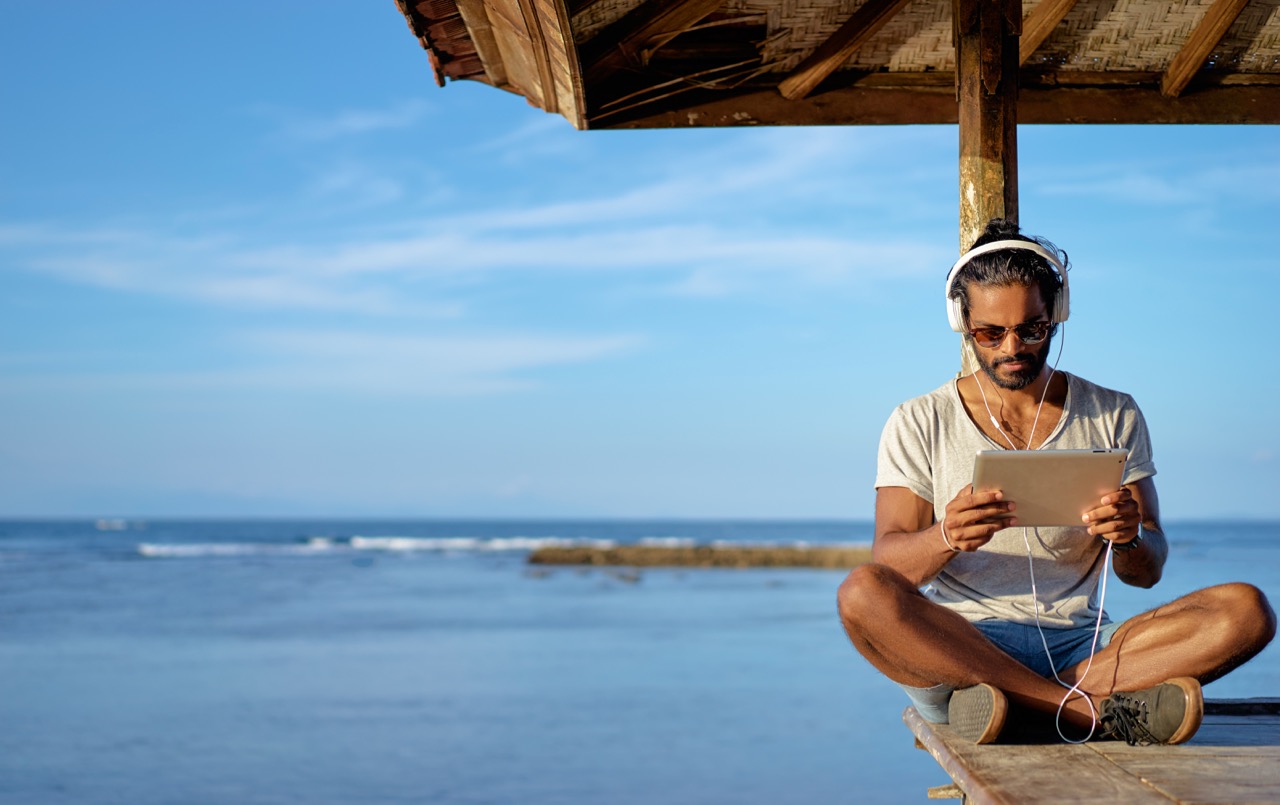
7. Not Looking at Reviews
Reviews are one of the best ways to get a real feel for anything you’re about to do! While each experience will certainly be different and subjective, reviews can help you get a general sense of the dive resort or liveaboard in advance – from those who have actually been there. Make sure to check through both positive and negative reviews, as the positives may praise something that is important to you, and the negatives may be based on something you’re not bothered about.
8. Not Buying Travel & Dive Insurance
Even if you are the most experienced diver in the world, travel insurance and dive insurance are still needed in an emergency. To remove the stress or worry of coverage in case of a diving accident or should you be unable to take the trip, it’s always best to purchase dive and travel insurance in advance. Both DAN and DiveAssure provide short-term dive insurance packages for dive vacations at particularly affordable prices. Bear in mind that many liveaboards and even some countries as a whole require divers to carry dive insurance.
Top Tip: For bookings over USD $2500 USD per person, PADI Travel provides complimentary DAN dive insurance for the duration of your trip!
9. Not Getting a Medical Clearance – If Needed!
If you’re a certified diver, or often take dive vacations, you are likely familiar with the PADI Medical Statement you have to complete before a diving course. It can be devastating if you haven’t checked in advance and end up unable to dive due to lacking a physician’s clearance for your health condition.
To avoid this, ensure you’re in good health and, if necessary, have a dive physician check that you’re “fit to dive” beforehand. If you do have a chronic health condition, it’s always wise to keep an up-to-date medical clearance with you when traveling. If you’re not sure, check with your scuba travel agent to determine if you’ll need one.
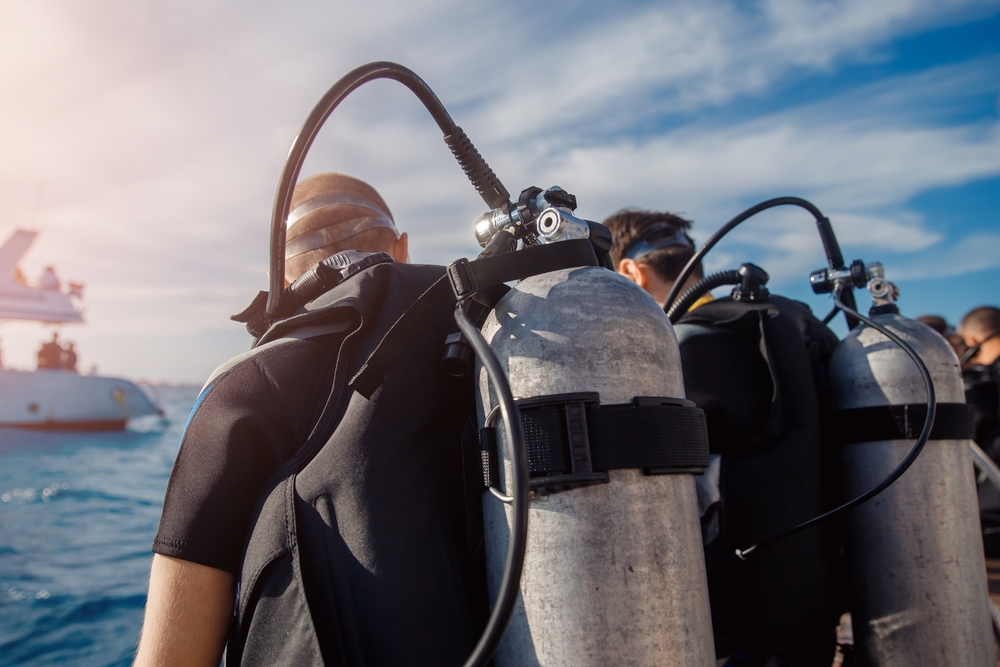
10. Overpacking or Underpacking Dive Gear
Packing too much gear may result in struggling with weight restrictions on airlines, while packing too light might result in forgetting important items. So, what’s the solution? Check with your dive operator beforehand to see what equipment they have available and the cost for rentals. If you’re attached to your own suit and dive computer but have limited luggage, consider renting the “bulky” items like a BCD and fins onsite! This way you can save space for items you really can’t live without.
Top Tip: Under the main image of each dive resort or liveaboard on PADI Travel, you’ll find information on whether or not equipment rental is available.
11. Not Factoring in Surface Intervals
Certified divers should remember that surface intervals are required between dives and before flying to prevent decompression sickness. When booking flights and diving, take into account that you’ll need to allow (as a general rule) 24 hours between your last dive and your flight.
You might also like:
12. Ignoring Seasonal Conditions
Dive conditions and marine life encounters can vary dramatically throughout the year, depending on the destination. Factors such as water temperature, visibility, and wildlife migrations are often influenced by the changing seasons. For example, some locations are known for whale shark sightings during specific months, while others may offer the best visibility or the calmest seas during different seasons. To make the most of your dive vacation, research the optimal times for your desired activities or marine life encounters. Check out the PADI Dive Guides below for insights into seasonal conditions and diving highlights around the globe.
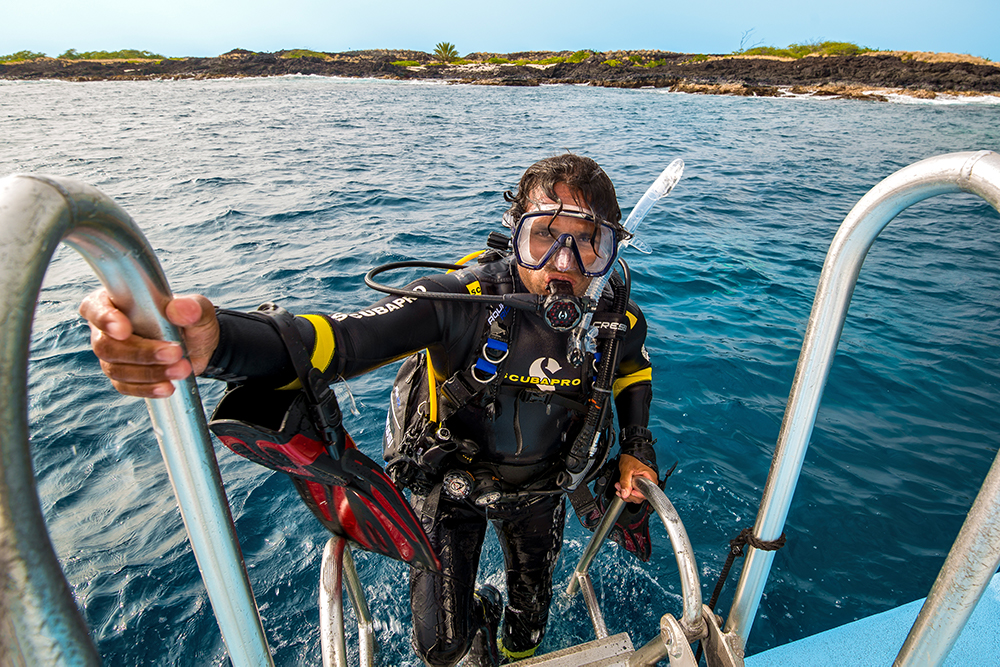
Feeling More Prepared?
Now the most common mistakes have been covered, you’ll hopefully be more confident when booking your next dive vacation – no medical mishaps or unhelpful travel agents in sight! And, you certainly won’t be the one without the proper scuba diving certifications for your trip.
Now, get back to the joy of scuba diving, with all your bases covered.




